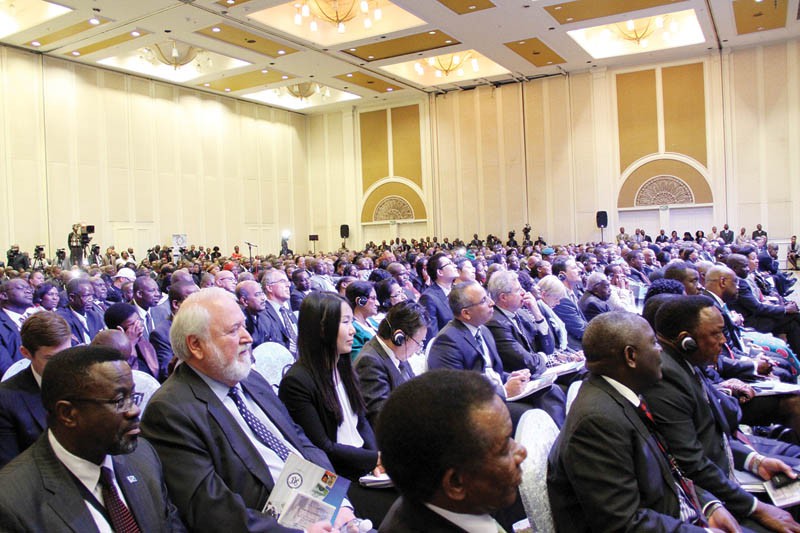BONELA challenges Botswana to sign the SADC gender protocol
Correspondent | Monday August 17, 2015 15:06


The policy was approved in the wake of the Southern African Development Committee (SADC) 35th Summit, held in Gaborone this week.
Although the newly passed NPGD refers to affirmative action, gender mainstreaming and gender inequalities; it does not adequately address how these are aligned to women’s rights; nor does it address structural and cultural dispositions which women in Botswana are experiencing despite the country being acclaimed a shining example of democracy. Human rights emphasize protecting the dignity – including the sexual rights – of all people, and create conditions in which people can make free and informed choices about their lives. Human rights promotes the freedom from all forms of violence, from assaults on bodily integrity, from marital rape and all forms of sexual coercion for both men, women and non-conforming; a principle that the NPGD lacks.
In addition; whilst it may be acknowledged that the Policy includes women, men and youth, it has fundamentally excluded key populations. Government continues to tiptoe around the issues of key populations; there is clearly a need for alignment as our laws have already acknowledged issues of sexual orientation (Employment Act of 2010). In addition, the said policy is divorced from the Second National Strategic Framework (NSFII) and the national HIV/AIDS research agenda that clearly indicates the need to target vulnerable and marginalised populations for successful social development and gender equality.
Rather than promoting a framework for equal access to property and inheritance for both men and women, so that women are not driven into poverty and higher HIV vulnerability as previously ruled by the High Courts, the Policy talks about ‘advocating’ for same.
It is a known factor that in terms of gender gaps, women and girls are greatly affected in a great magnitude as a result of the cultural and patriarchal practices. Issues of economy, poverty, HIV/AIDS, broader sexual reproductive rights, adversely affect women. The Policy does not depict that. According to statistics, gender based violence is rampant in Botswana, that 67 percent of women and girls have experienced gender based violence, the Policy has not factored these issues at all. One wonders what the Policy is going to achieve at the end of the day.
Botswana has publicly refused to sign and ratify the SADC Gender Protocol without any reasonable justification. The Gender Protocol is a progressive instrument which encompasses protection, acceleration affirmative action of women and women’s rights.
The refusal of Botswana to sign the same, shows the lack of accountability and political willpower to include and engage women across sectors. The Section 2 paragraph 3 of the NPGD echoes the same sentiments, and the question that arises is how is this policy going to be different from all others?
The NPGD lacks strategic focus to effectively lay values and strong direction for other national policies and even legislation. It is vague and lacking in force, we thus beg for a rigor in ensuring that this alignment is recognised and reject the piecemeal policy, and rather lobby for the signing and ratification of the SADC Gender Protocol if we are to achieve the Botswana Vision 2016 goals and NDP 10 objectives.
BONELA
